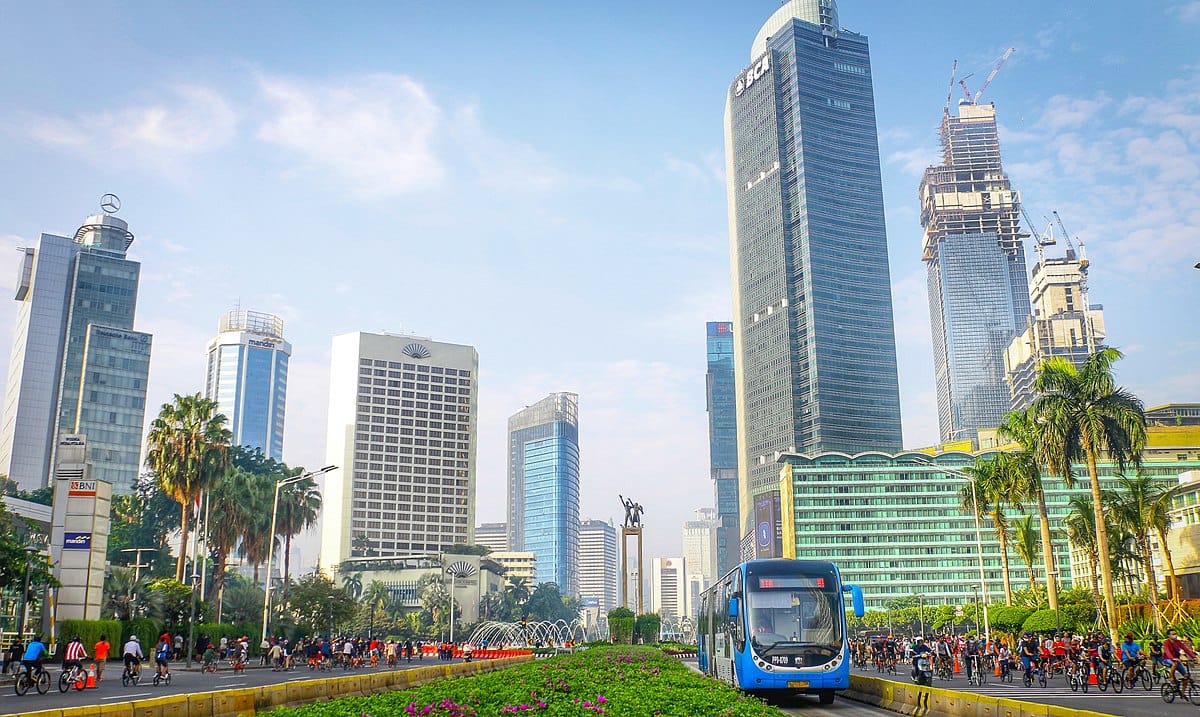Indonesia's Startups: Pioneering the Free School Lunch Initiative
One of the key challenges the initiative faces is the sheer scale of its requirements. To fully implement the program, an estimated 6.7 million tons of rice, 1.2 million tons of chicken, and 4 million kiloliters of fresh milk will be needed annually.

As Indonesia embarks on an ambitious free school lunch initiative, local startups are poised to play a pivotal role in its implementation. This initiative, a flagship promise of President-elect Prabowo Subianto, aims to provide nutritious meals to approximately 78.5 million students across 400,000 educational institutions by 2029. The program, which is expected to cost around 450 trillion rupiah (approximately $29 billion) annually, seeks to combat malnutrition and stunted growth among the nation’s youth, a pressing issue that affects over 20% of children under five years old in Indonesia.
The involvement of tech startups in this initiative is not merely an afterthought; it is a strategic move to leverage innovation and efficiency in food distribution and meal preparation. Startups specialising in logistics, food technology, and digital platforms are being encouraged to contribute their expertise to ensure the program's success. By integrating technology into the supply chain, these companies can help streamline operations, reduce waste, and enhance the quality of meals provided to students.
Startups and free lunches
One of the key challenges the initiative faces is the sheer scale of its requirements. To fully implement the program, an estimated 6.7 million tons of rice, 1.2 million tons of chicken, and 4 million kiloliters of fresh milk will be needed annually. This presents a significant opportunity for local food producers and farmers, as the program is designed to source ingredients domestically. By supporting local agriculture, the initiative aims not only to improve child nutrition but also to stimulate economic growth in rural areas, creating jobs and enhancing food security.
The pilot phase of the program, which began in January at 16 schools in Sukabumi, West Java, has already shown promising results. Feedback from parents and school leaders indicates that the initiative has not only alleviated financial burdens but also improved students' health and academic performance. For instance, one parent reported that the free meals have allowed her family to save approximately 420,000 rupiah monthly, which can now be redirected towards other essential household needs. Moreover, students are reportedly more focused and engaged in their studies when they have access to nutritious meals at school.
Read More WF News

Financial demands
Despite its potential benefits, the program has sparked debates regarding its sustainability and funding. Critics argue that the financial demands of the initiative could divert resources from other critical areas, such as health and education. The government’s plan to allocate a significant portion of the state budget to this initiative has raised concerns about the long-term viability of such a large-scale program.
To address these concerns, it is crucial for the government to establish a transparent and efficient framework for fund allocation and management. Learning from successful models in other countries, such as India’s Mid-Day Meal Scheme, could provide valuable insights. India’s program, which serves millions of children daily, is supported by a combination of government funding and partnerships with non-profit organisations. Indonesia could benefit from similar collaborations, engaging local NGOs and businesses to share the financial burden and enhance program delivery.
As Indonesia moves forward with this initiative, the role of startups will be critical. Their ability to innovate and adapt to challenges can help ensure that the free school lunch program meets its objectives of improving child nutrition and educational outcomes. By fostering a collaborative ecosystem involving government, startups, and local communities, Indonesia can create a sustainable model that not only feeds its children but also empowers its economy.
The free school lunch initiative represents a significant step towards addressing malnutrition and supporting educational attainment in Indonesia. With the active participation of local startups, this program has the potential to transform the lives of millions of children, paving the way for a healthier and more prosperous future for the nation.

